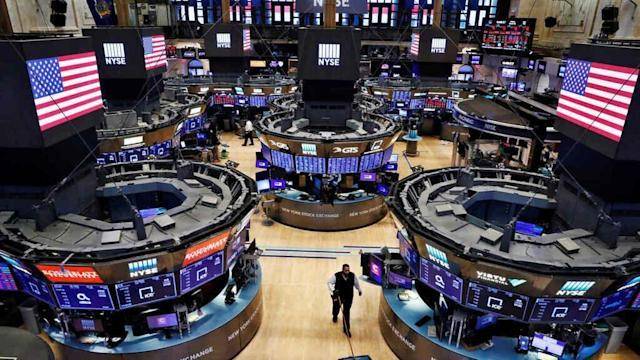New York, Sep 6 (EFE).- Wall Street closed in the red on Friday and the S&P 500 index ended its worst week since March 2023, falling 4.23% in the weekly calculation after the weak August employment report and the decline of several technology giants.
After the bell rang, the S&P 500 fell 1.01% to 40,345 points, while the Dow Jones Industrial Average, its main indicator, fell 1.72% and the Nasdaq technology index fell 2.55% to 16,690 points.
After slumping in July, net job creation rose again in August to 142,000, up 53,000 from a month earlier, after the July figure was revised up to 89,000.
Despite the increase, the figure is lower than the figure estimated by economists (160,000) and is still below the annual average of job creation, which, according to the BLS, stands at 202,000 jobs created per month on average over the last year.
“By all accounts, the labor market remains strong, but the Federal Reserve needs to lower interest rates to levels consistent with inflation and key labor market indicators,” said Elise Gould, senior economist at the Economic Policy Institute (EPI).
On the other hand, the great values technological fell as investors worried about the health of the U.S. economy and feared that the euphoria over artificial intelligence was coming to an end. The Nasdaq fell 6% for the week.
Meanwhile, Amazon and Alphabet dropped the Friday more than 3%, Microsoft and Meta by more than 1%, and semiconductor manufacturers Nvidia and Advanced Micro Devices and VanEck, one of the largest ETF providers, also fell by 4%.
By sector, losses predominated on Friday, led by communication (-2.9%) and non-essential goods (-2.81%), while the only gain was for real estate (0.01%).
Among the 30 Dow stocks, gains were led by Travelers (+1.13%) and McDonald’s (+0.53%), and the biggest losers were Amazon (-3.65%) and American Express (-3.09%).
Elsewhere, the benchmark 10-year Treasury note yield fell to 3.719 percent, gold fell to $2,524 an ounce and the euro was trading at $1.11 against the dollar.
Texas crude oil fell 2.14% to $67.67 a barrel, its lowest level since June last year. This week it has fallen by almost 8% due to a possible slowdown in demand.

















